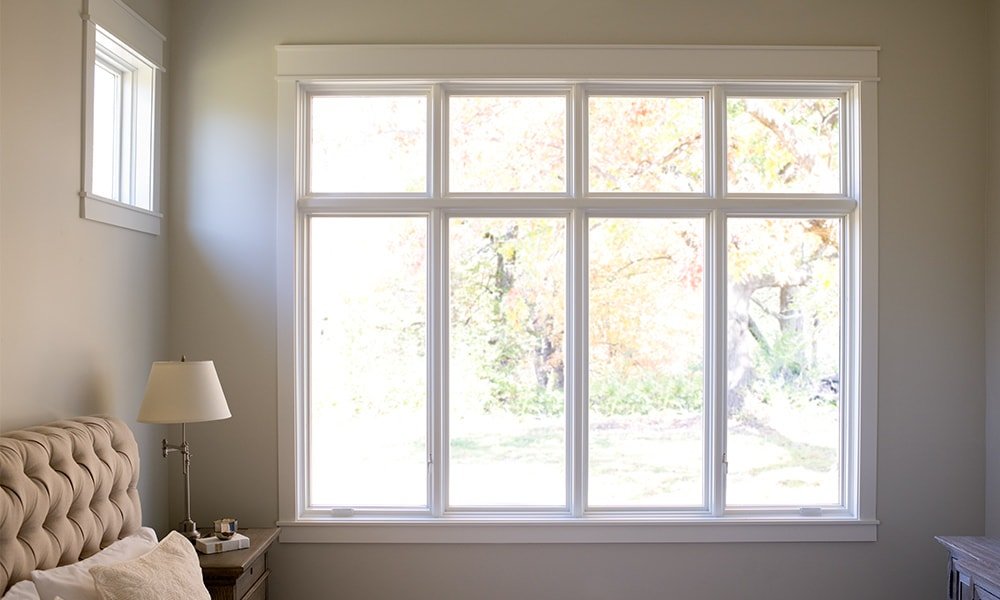A windows pane is a sheet of glass that fills the opening of a window frame. It serves several important functions, including allowing natural light to enter a building, providing views of the outside, and acting as a barrier against weather elements. In modern architecture, windows panes are crucial not only for their practical purposes but also for enhancing the aesthetic appeal of a structure. They can come in various shapes and sizes, from large picture windows that frame stunning views to smaller, functional windows that allow for ventilation.
In addition to their basic functions, windows panes contribute to energy efficiency by helping to regulate indoor temperatures. They can be designed to reduce heat loss in winter and keep interiors cooler in summer. This dual functionality is essential for maintaining comfort and minimizing energy costs. As building designs become more innovative, the role of windows panes continues to evolve, making them an integral component of both residential and commercial architecture.
Types of Windows Panes
When considering windows panes, it’s essential to understand the different types available.
Single-pane windows
Single-pane windows consist of just one layer of glass. While they are often the least expensive option, they provide minimal insulation and can lead to higher energy costs. They are commonly found in older homes and buildings where energy efficiency is less of a concern.
Double-pane windows
Double-pane windows have two layers of glass with a space in between, typically filled with gas like argon. This design greatly improves insulation, making them a popular choice for modern homes. They help reduce noise and increase energy efficiency, often paying for themselves over time through energy savings.
Triple-pane windows
Triple-pane windows take insulation a step further by incorporating three layers of glass. They offer the best energy efficiency and noise reduction, making them ideal for extreme climates. Although more expensive, their long-term benefits can be significant, especially in areas with harsh weather.
Benefits of Using Windows Panes
Windows panes are more than just openings in a wall; they provide numerous benefits that enhance both comfort and efficiency.
Energy efficiency
One of the primary advantages of modern windows panes is their energy efficiency. Double and triple-pane designs significantly reduce heat transfer, keeping homes warmer in winter and cooler in summer. This not only improves comfort but also lowers heating and cooling costs.
Noise reduction
Windows panes, especially those with multiple layers of glass, are excellent at minimizing outside noise. This is particularly beneficial for homes located in busy urban areas or near highways, allowing residents to enjoy a quieter living environment.
Safety and security
Windows panes also contribute to home safety. Many modern panes are made from tempered or laminated glass, making them less prone to breaking. Additionally, energy-efficient windows often come with advanced locking mechanisms, enhancing overall security for families.
Materials Used in Windows Panes
The materials chosen for windows panes can greatly affect their performance and durability.
Glass types
The type of glass used in windows panes varies significantly. Tempered glass is stronger and safer, shattering into small pieces rather than sharp shards. Laminated glass consists of multiple layers bonded together, providing enhanced security and sound insulation.
Frame materials
The frames that hold the panes can be made from various materials, each with its benefits. Vinyl frames are popular for their energy efficiency and low maintenance. Wooden frames offer classic aesthetics but require more upkeep. Aluminum frames are durable and lightweight, making them suitable for modern designs.
How to Choose the Right Windows Pane
Selecting the right windows pane is crucial for ensuring comfort, efficiency, and aesthetics in a home.
Factors to consider
When choosing windows panes, consider factors such as climate, budget, and desired aesthetics. In colder regions, double or triple-pane windows are advisable for insulation. For those on a tight budget, single-pane options may suffice, especially in mild climates.
Importance of professional installation
Professional installation is key to maximizing the benefits of Windows panes. Properly installed windows ensure airtight seals, reducing drafts and improving energy efficiency. Homeowners should seek qualified professionals to ensure the best results.
Common Issues with Windows Panes
Even the best windows panes can encounter issues over time.
Foggy windows
Foggy windows often indicate a problem with the seals in double or triple-pane windows. Moisture can enter the space between the panes, leading to condensation. This not only affects visibility but can also indicate that the window needs replacement.
Cracked or broken panes
Accidental impacts can lead to cracked or broken panes, compromising security and energy efficiency. Homeowners should address these issues promptly, either by repairing or replacing the damaged glass to maintain safety and efficiency.
Maintenance tips
Regular maintenance can prolong the life of windows panes. Cleaning the glass with non-abrasive cleaners and inspecting seals for wear and tear are essential steps. Homeowners should also check the frames for signs of rot or damage, especially in wooden frames.
Innovations in Windows Pane Technology
The world of windows panes is continually evolving, thanks to technological advancements.
Smart glass
Smart glass technology allows windows to adjust their tint based on sunlight, improving energy efficiency and comfort. This innovation can reduce glare and heat without sacrificing natural light, making it a game-changer for modern buildings.
Low-E coatings
Low-emissivity (Low-E) coatings are thin layers applied to glass that reflect infrared light, keeping heat inside during winter and blocking UV rays in summer. This technology enhances energy efficiency and protects interior furnishings from fading.
Future trends in window technology
As technology advances, we can expect even more innovations in windows panes. Research is ongoing into self-cleaning glass, improved insulation materials, and integrated solar panels, all aimed at creating more sustainable and efficient buildings.
Conclusion
In summary, windows panes play a vital role in modern architecture, offering a blend of functionality, aesthetics, and energy efficiency. Understanding the types, benefits, and materials involved can help homeowners make informed decisions that enhance their living spaces. As technology continues to evolve, the importance of selecting the right windows panes will only grow, ensuring homes remain comfortable, safe, and visually appealing.




